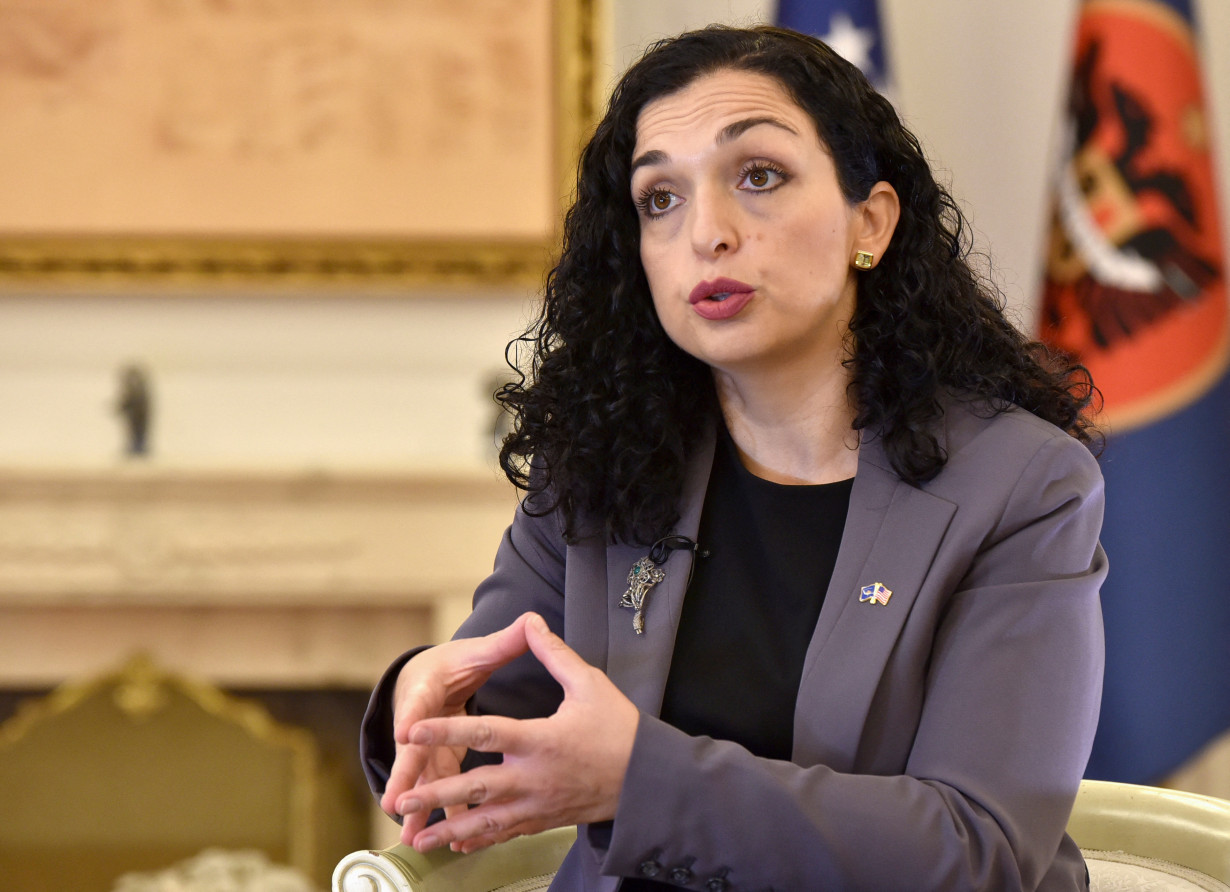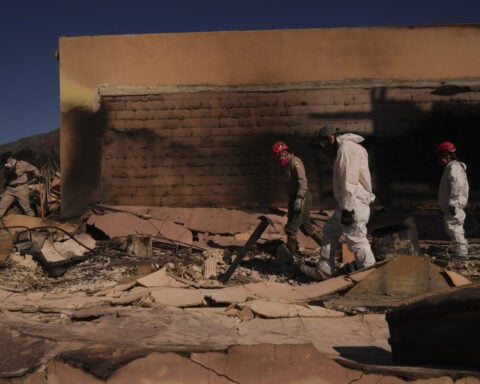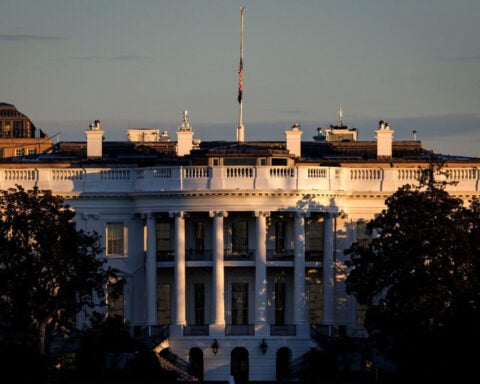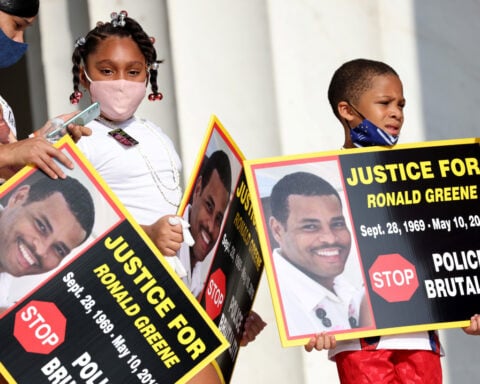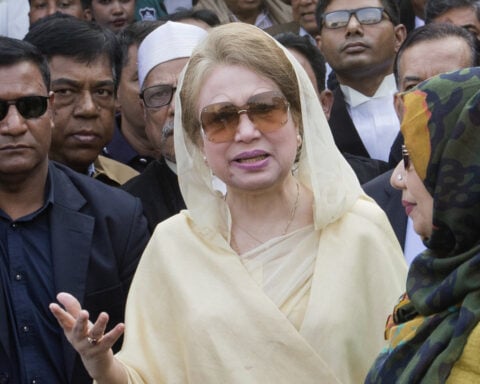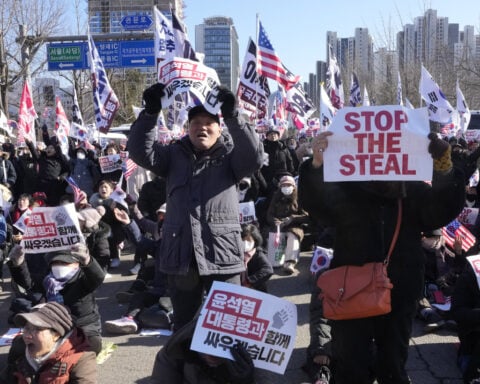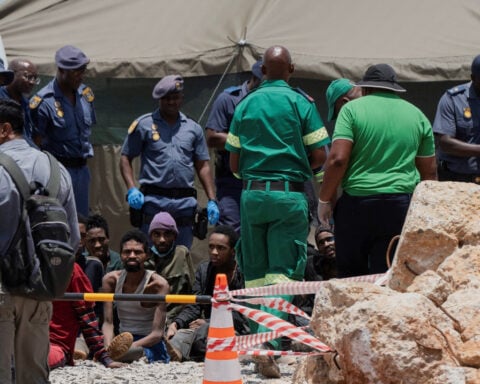By Fatos Bytyci
PRISTINA (Reuters) - Kosovo's president Vjosa Osmani has accused Serbia and its president Aleksandar Vucic of being behind a shootout between armed men and Kosovar police in the north of the country last weekend, in the worst violence in the restive area in years.
Kosovo authorities said police fought around 30 heavily-armed Serbs who stormed the quiet village of Banjska on Sunday and barricaded themselves into a Serbian Orthodox monastery. Three attackers and one police officer were killed.
The gunbattle has prompted new international concern over stability in Kosovo, which has an ethnic Albanian majority and declared independence from Serbia in 2008 after a guerrilla uprising and a 1999 NATO intervention.
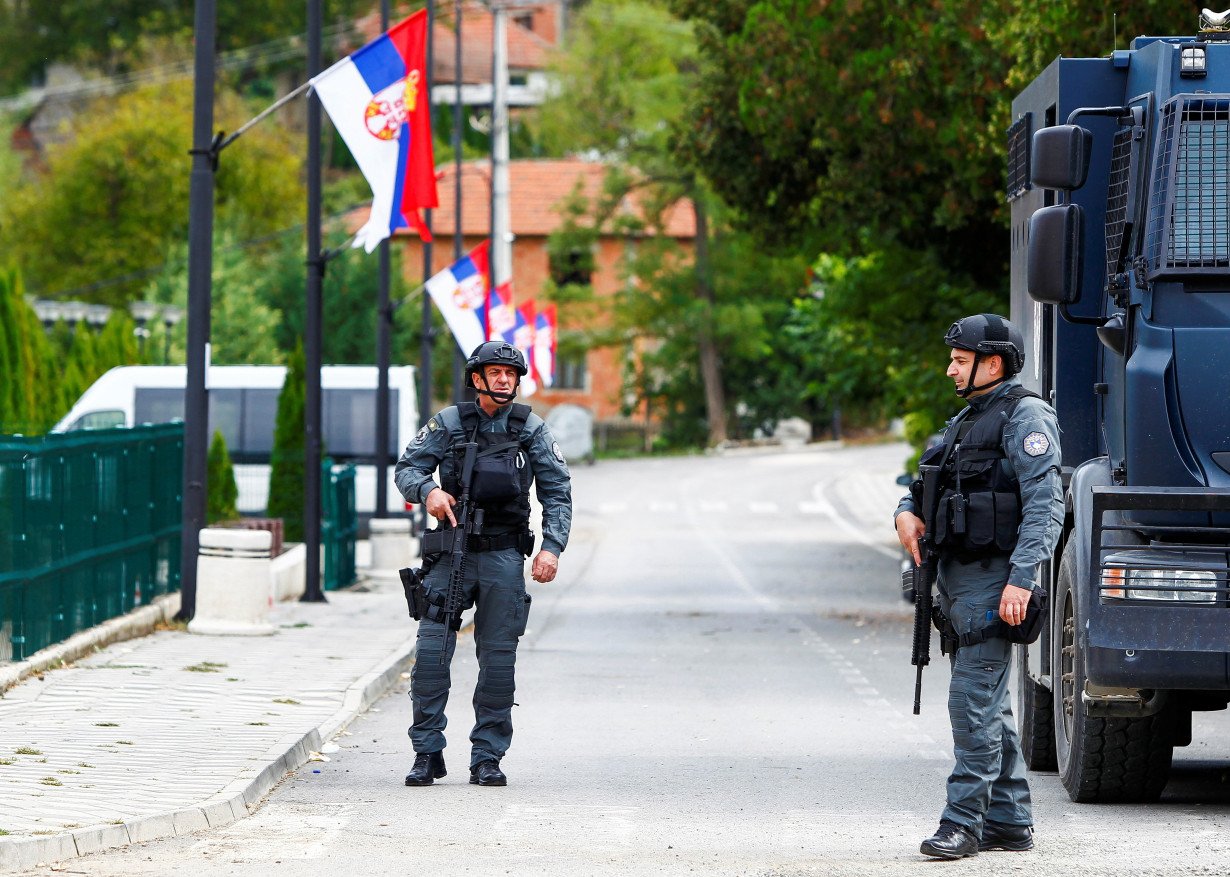
"Kosovo is under attack," Osmani told Reuters in an interview at her office on Thursday.
"The (armed) group simply exercised the intentions and the motives of Serbia as a country and Vucic as the leader."
Serbia and Vucic have denied accusations of involvement. No group has come forward to claim responsibility for the attack or explain the motives of the gunmen.
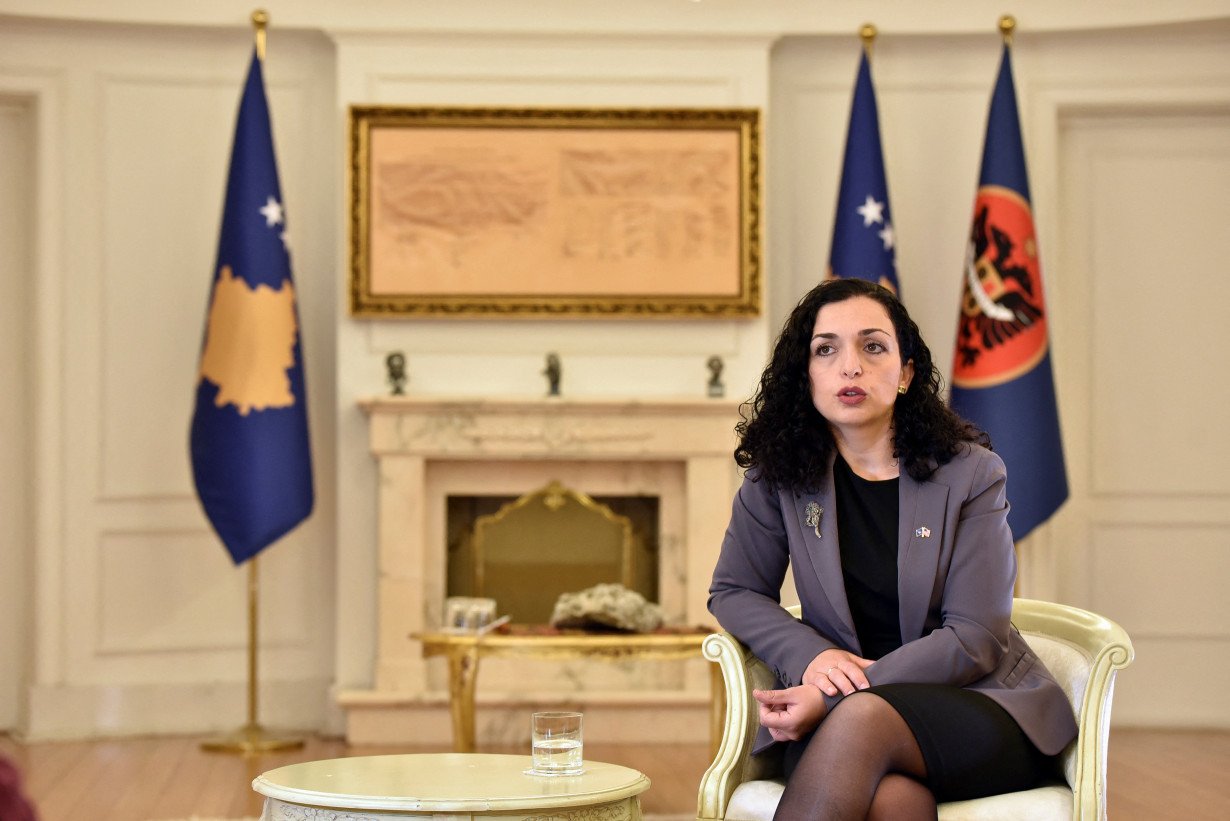
Serbia, which has not recognized its former province's independence, blames Kosovo for precipitating violence by mistreating ethnic Serb residents, a charge Kosovo denies.
Osmani said Serbia still has territorial claims against Kosovo and was acting to accomplish a 'Crimea model' by creating tensions in Kosovo's north where some 50,000 local Serbs still see Belgrade as their capital and reject rule from Pristina.
"What I would say to President Vucic is stop messing with Kosovo. Kosovo is going to defend its freedom, its independence and its sovereignty at any price," Osmani said.
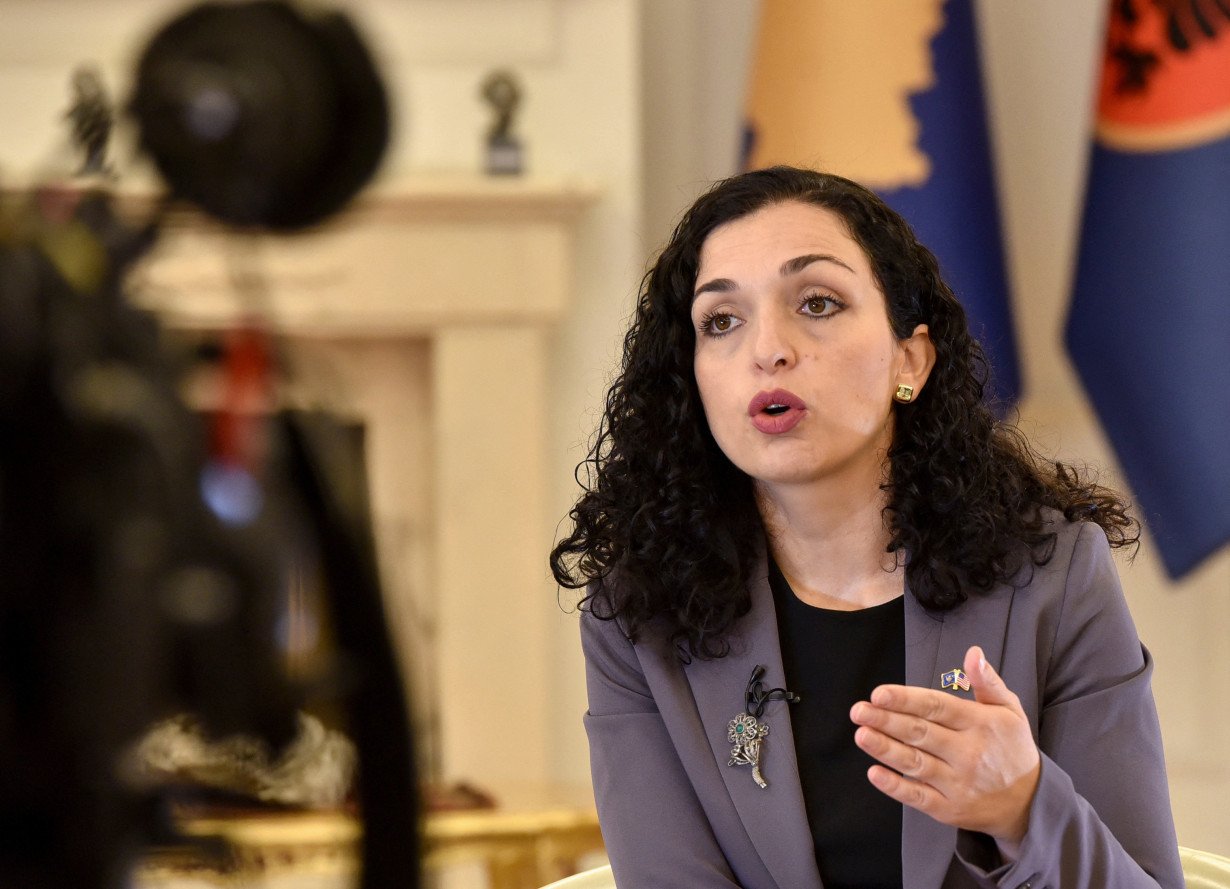
"They are trying to carry out a Crimea model in the Republic of Kosovo but we will absolutely not let that happen... [we] will defend every inch of Kosovo territory."
Russia seized and annexed Ukraine's Crimea region in 2014, and Kosovo authorities fear Serbia could carve away the northern part of Kosovo.
Kosovo's government has published what it says are facts that show the group was trained, armed and received other support from the Belgrade government and security agencies.
Osmani said that similar attacks may be repeated again in the near future and asked the international community to do everything possible to stop Serbia supporting such groups.
"I am very much concerned that such attacks, even of a higher scale, might happen in the future if Serbia is not condemned, first of all for this terrorist act of aggression," she said.
Kosovo and Serbia have been in talks for more than a decade on normalising relations, in a process of mediation led by the European Union. Early this year they agreed on a deal proposed by the EU, but since then they have not been able to agree on how to implement it.
Osmani said talks between the two cannot continue as before.
"It is absolutely not business as usual any longer," she said.
"We've been victims of an aggression by Serbia and everyone should treat it as such, also in their approach towards Serbia from now on."
Three men have so far been charged with participating in the attack.
On Sunday police displayed an array of weapons and ammunition they said had been seized, including former Yugoslav army assault rifles, machine guns, sniper rifles, mortars, anti-tank rocket launchers, hand grenades, land mines and drones.
Kosovo's Prime Minister Albin Kurti said police had found weapons worth 5 million euros, "sufficient for hundreds of fighters".
(Reporting by Fatos Bytyci; Editing by Alexandra Hudson)

 UK inflation unexpectedly eases in December, which could reduce pressure in bond markets
UK inflation unexpectedly eases in December, which could reduce pressure in bond markets
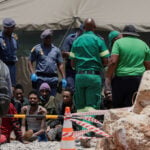 Body count from South African mine siege rises to 60
Body count from South African mine siege rises to 60
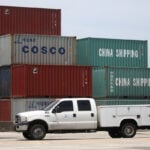 US importers rush in goods from China as Trump tariff threat looms
US importers rush in goods from China as Trump tariff threat looms
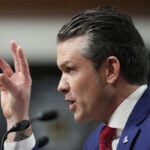 Question on ASEAN stumped Hegseth at Senate hearing. What is it and why is it important?
Question on ASEAN stumped Hegseth at Senate hearing. What is it and why is it important?
 Novak Djokovic breaks a tie with Roger Federer for the most Grand Slam matches in tennis history
Novak Djokovic breaks a tie with Roger Federer for the most Grand Slam matches in tennis history
 China's RedNote: what you need to know about the app TikTok users are flocking to
China's RedNote: what you need to know about the app TikTok users are flocking to
 British author Neil Gaiman denies ever engaging in non-consensual sex as more accusers come forward
British author Neil Gaiman denies ever engaging in non-consensual sex as more accusers come forward
